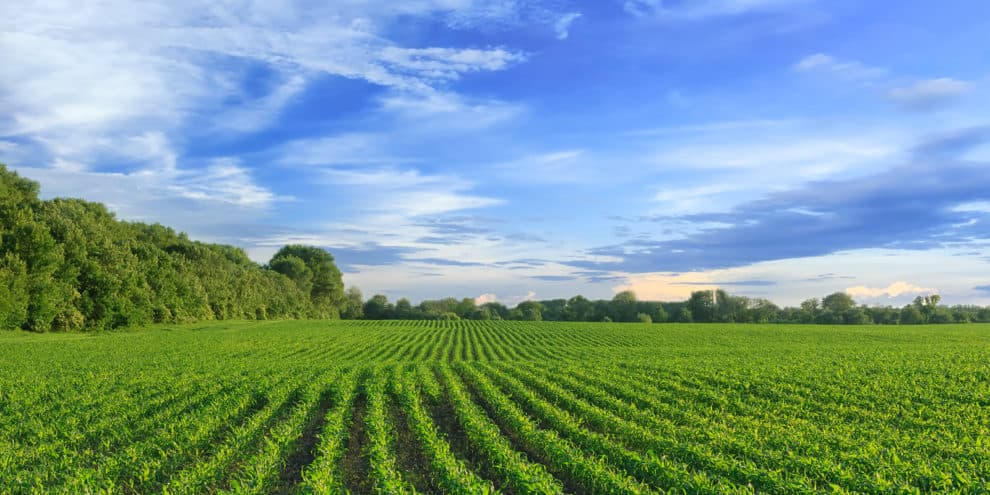By Okon Nna-Etuk
It does not take a deep study to notice that our farmlands and forest reserves are fast receding while human settlements expand at an uncomfortable rate.
Look at it this way: There used to be what the Annang people call “abong adop,” meaning you “shout and stop” when nobody comes to your rescue in a stretch of road passing through a large expanse of unoccupied land in the country side.
In the rural, rustic country side there used to be buffer zones, if you like, or interfaces between villages. Human settlements would take a small portion of the village in a linear or nodal form, and there would be large expanses of land available for farming, lumbering, and hunting. Today human settlements have spread out in an uncontrolled manner so much so that the farmlands are contracting and receding. Forests and woodlands are disappearing.
There are no more “abong adop”(unoccupied, uninhabited stretches of land) in and between villages. And we call this development! I had written previously on the topic that development does not necessarily mean urbanisation. It does not mean that we must mow down our forest reserves and woodlands and build houses and cities across.
As a child I would hear about our able-bodied young men going to PANYA (Fernando Po, Equatorial Guinea, Sa Tome, Cameroon, etc) to work in large plantations as farmers, lumbering hands and sawyers. I do not know whether our developers have not heard about plantation economies.
Look at it again this way: Unlike places like Akpabuyo and the Northern part of Cross River State, here we go to our farmlands, harvest crops like cassava and bring home to process, the reason being that our small farmlands are in our backyards and near enough for us to walk to and fetch in the meagre yields.
In these places I refer to in Cross River State, farmers leave their houses, go and stay in their farms miles away from home to harvest and process the crops which they now sell part of the finished products in the farms and bring their requirements home. This is farming which supports the economy, not the sub-sistence farming we practise here with no results to show for. We keep expanding our towns and urban settlements to the detriment of our farmlands. When shall our experts teach us to manage our limited land space? How much land do we claim from the ravaging seas? Why do we mismanage the limited land available to us?
Even at the village levels, human settlements are expanding by which people foray into reserve and build houses that end up not being occupied. They just build to secure the land, to stop others from poaching, as it were, into their land. But such land is not adequately utilised for the benefit of humanity! Cities must not spread in an uncontrolled manner. In future we may have to reorganise human settlements to release land for other appropriate uses.
I am of the opinion that certain parts of our towns and cities should not be expanded laterally or horizontally anymore; rather the expansion should be done vertically to conserve land. In some towns now, within a given area no bungalows are allowed to be erected. High rise buildings are the solution.
Mushroom housing estates are eating up the limited land space, yet housing accommodation is not sufficient. It is high time the government did something and took radical measures to ensure human settlements do not unnecessarily and unreasonably displace or reduce farmlands and forest reserves.
Nna-Etuk a renowned accountant writes from Uyo

